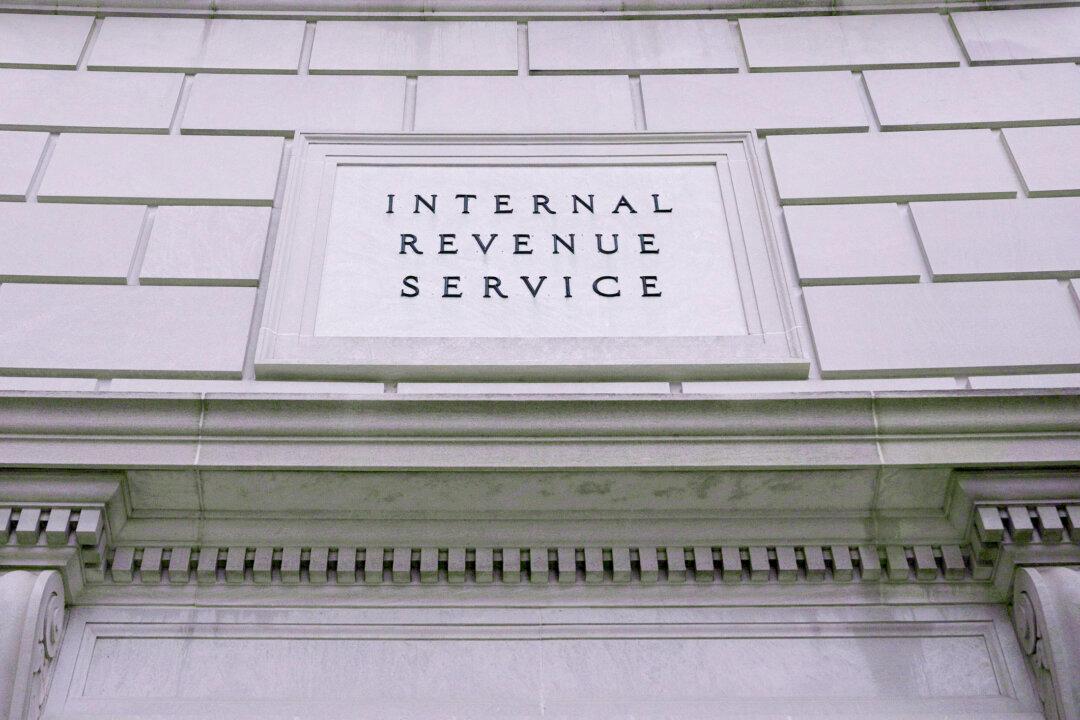The IRS announcement that it will soon be deploying artificial intelligence (AI) software to enforce the U.S. tax code has raised concerns among cyber experts that without proper oversight, the new technology could be weaponized against conservative groups.
In remarks made April 17 at the UiPath on Tour: Public Sector event in Washington, IRS Commissioner Danny Werfel announced the agency would be utilizing the tools to better assist IRS agents in identifying potential tax cheats.





